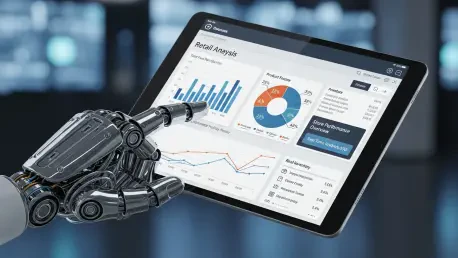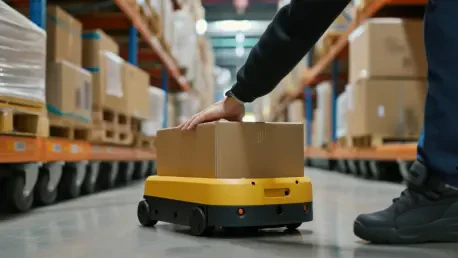
The aftershocks of last year's monumental disruptions have given way to a landscape where strategic reinvention is no longer an option but the primary mechanism for survival and growth. As companies navigate the complex terrain of the current global economy, a clear consensus among industry

With decades of experience navigating the complexities of the global supply chain, Rohit Laila has developed a unique perspective on the intersection of logistics, technology, and retail. He has witnessed firsthand how innovation can transform operations from the warehouse floor to the customer's

The modern distribution center operates less like a predictable assembly line and more like a chaotic, self-organizing ecosystem of robots, machines, and human workers. The enMotion WES+ platform represents a significant advancement in the intralogistics and warehouse management sector, aiming to

The low hum of autonomous guided vehicles moving with perfect precision across the warehouse floor is now as common as the morning coffee ritual, a testament to an industrial revolution that happened not with a bang but through the quiet rewriting of operational code. This is the landscape of 2026,

The familiar frustration of finding an empty shelf where a desired product should be, or discovering a price at checkout that clashes with the tag, is more than just a minor inconvenience for shoppers; it represents a massive, persistent data disconnect for retailers. This gap between digital

The persistent gap between a robot's computational intelligence and its physical clumsiness has long been the primary barrier to true automation, a challenge that new sensory technologies are finally beginning to address. The uSkin 3D tactile sensor represents a significant advancement in the
1 2 3 4 5 6 7 8 9 10 11 12 13 14 15 16 17 18 19 20 21 22 23 24 25 26 27